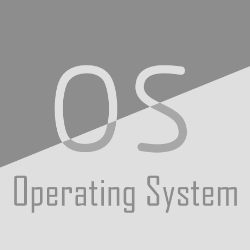In the era of the Internet of Everything, operating systems (OSs) face unprecedented challenges posed by an evolving application landscape and increasingly heterogeneous hardware ecosystems. This shift toward increasingly dynamic and unpredictable operational contexts presents significant challenges for both OS developers and users. Against this backdrop, the fusion of Artificial Intelligence (AI) with Operating Systems emerges as a critical frontier for innovation. This survey delves into the intricate interplay between AI and OSs, illustrating how existing OS mechanisms combined with AI significantly elevate the performance, security, and efficiency of modern operating systems. We investigate a range of AI methodologies applied to optimize core OS functionalities and clarify the correlation to related studies. Our analysis touches on the existing hurdles and prospective avenues in this interdisciplinary domain, underscoring the imperative for robust and seamless integration of AI capabilities into OS architectures. Through an examination of illustrative case studies and cutting-edge developments, we offer a thorough review of the current status of AI-OS integration, accentuating its pivotal role in steering the evolution of advanced computing paradigms. We also envision the promising prospects of Intelligent Operating Systems, debating how groundbreaking OS designs will usher in novel possibilities and highlight the central role that AI will assume in propelling these next-generation systems forward. This forward-thinking outlook illuminates the profound influence of AI on the foundational elements of computing, heralding the advent of a new epoch characterized by intelligent, self-adapting, and highly adaptive software ecosystems.
翻译:暂无翻译





